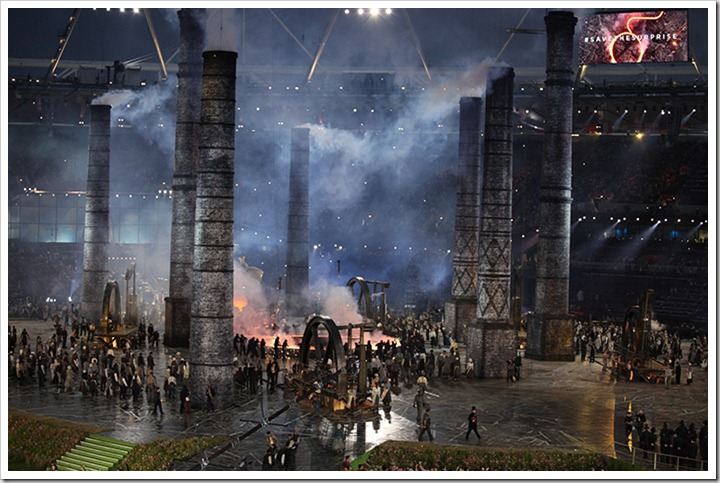EDWARD GIBBON
(1737 - 1794)
Among the innumerable monuments of architecture constructed by the Romans,
how many have escaped the notice of history,
how few have resisted the ravages of time and barbarism!
And yet even the majestic ruins that are still scattered over Italy and the provinces,
would be sufficient to prove that
those countries were once the seat of a polite and powerful empire.
would be sufficient to prove that
those countries were once the seat of a polite and powerful empire.
Their greatness alone, or their beauty, might deserve our attention;
but they are rendered more interesting by two important circumstances,
which connect the agreeable history of the arts with the more useful history of human matters.
but they are rendered more interesting by two important circumstances,
which connect the agreeable history of the arts with the more useful history of human matters.
Many of these works were erected at private expense, and almost all were intended for public benefit.
Agriculture is the foundation of manufactures;
since the productions of nature are the materials of art.
Under the Roman empire,
the labour of an industrious and ingenious people
was variously, but incessantly employed,
in the service of the rich.
was variously, but incessantly employed,
in the service of the rich.
In their dress, their table, their houses, and their furniture,
the favourites of fortune united every refinement of conveniency, of elegance, and of splendour,
whatever could soothe their pride or gratify their sensuality.
Such refinements, under the odious name of luxury,
have been severely arraigned by the moralists of every age;
and it might perhaps be more conducive to the virtue, as well as happiness, of mankind,
if all possessed the necessities, and none of the superfluities, of life.
It is scarcely possible that
the eyes of contemporaries should discover
in the public felicity
the latent causes of decay and corruption.
This long peace,
and the uniform government of the Romans,
introduced a slow and secret poison into the vitals of the empire.
The minds of men were gradually reduced to the same level,
the fire of genius was extinguished,





No comments:
Post a Comment